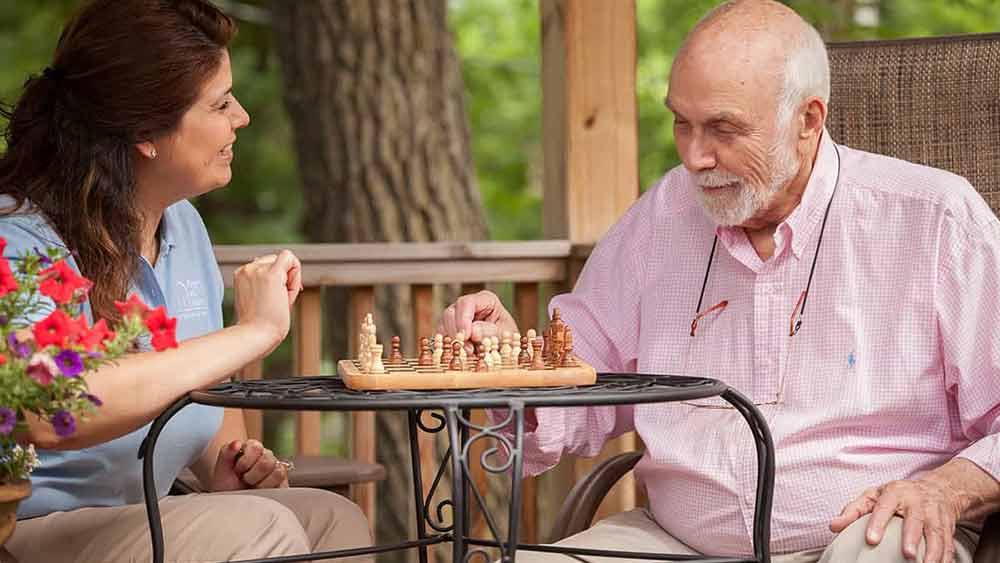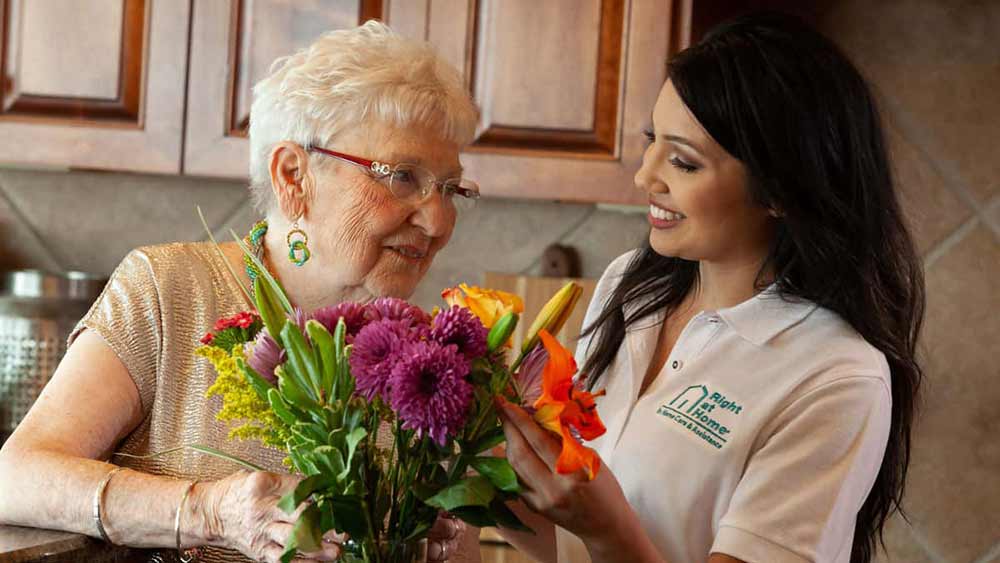

Is it time to ask for help?
He is staring right at me but somehow things feel a little “off.” There is tension in his eyes as though he is struggling to remember who I am. He is at a loss for words to explain what is going on.
He is my father, my go-to person for everything—guidance, love, support and comfort.
The Signs of Dementia/Alzheimer’s
Did it ever cross my mind that Dad’s forgetfulness is a sign of something far more serious? At first there were a few unpaid bills, then his house seemed more cluttered and he looked unkempt. I am not sure if I have been in denial, or if I simply lack the knowledge of aging health conditions.
I turned to the internet for answers. I went from searching “forgetfulness/memory loss causes” and “dehydration and memory loss” to looking up the side effects of Dad’s medications. Then I gathered my family on a conference call.
A few years ago, we sat with Dad to have his power of attorney and health care surrogate paperwork put together. Little did we know that the paperwork would be necessary so soon.
Starting the Difficult Conversation
Breaking the news of Dad’s condition to my siblings over the phone was hard, but what followed the conference call, however, was even harder. As a family, we knew that Dad needed help, and he needed help right then. We also knew that a decision needed to be made on his behalf. But having the conversation with Dad was the most uneasy part.
I ran the conversation in my head over and over, imagining how I would handle my dad’s denial and how I would get him to agree with me. In the end, I began the conversation with my observations of a change in his personality, and I laid out the findings from my research.
I asked open-ended questions to get my dad’s perspectives. I repeated the questions to make sure he understood.
Diagnostic for Memory Loss
The day came for Dad to pay his doctor a visit. He seemed tucked into a cocoon. I tried to unravel his casing of security that he seemed to have spun around himself as he laid in the fetal position. As we got into the car, he touched my face with his warm hand and gave me a smile.
We checked in and I gave the nurse all of Dad’s medical records I could find. I took a deep breath as I heard my dad’s name called. We had a long list of questions and anticipated some much-needed answers from the physician.
The doctor ordered a battery of tests and a definitive diagnosis—an appointment for a complete lab work to rule out other causes for Dad’s memory loss, confusion and behavioral changes; an MRI and a CT scan of the brain; and a mini-mental state examination (MMSE), or Folstein test, to measure his cognitive impairment.
I secretly prayed that Dad only had an infection or a complication from his medications. I wished that Dad would come back to us by simply eliminating a source of trouble.
Caring for Alzheimer’s/Dementia Family at Home
A few weeks went by and it felt like an eternity. The results came back to confirm that Dad has Alzheimer’s dementia. On my way to pick up his medications, I suddenly realized that he could no longer be left home alone.
I arrived at Dad’s house later that day to find an uneaten sandwich on the counter. Dad told me he had lunch and was quite full, but the evidence in the kitchen said otherwise. I knew we would need someone to sit with Dad, lend a watchful eye and listening ears, and make sure he gets food down his stomach every day. But I have a household of my own and a full-time job.
The doctor’s words rang in my ears: “Dementia and Alzheimer’s are progressive diseases that will only deteriorate.” I ran through the options in my head and disliked the idea of relocating Dad to a memory care facility. It pained me to imagine removing him from a familiar environment—a place where he and Mom called home for many decades.
On the quest for life after Dad’s Alzheimer’s diagnosis, I pick up my phone to gather my siblings for yet another important conversation.







